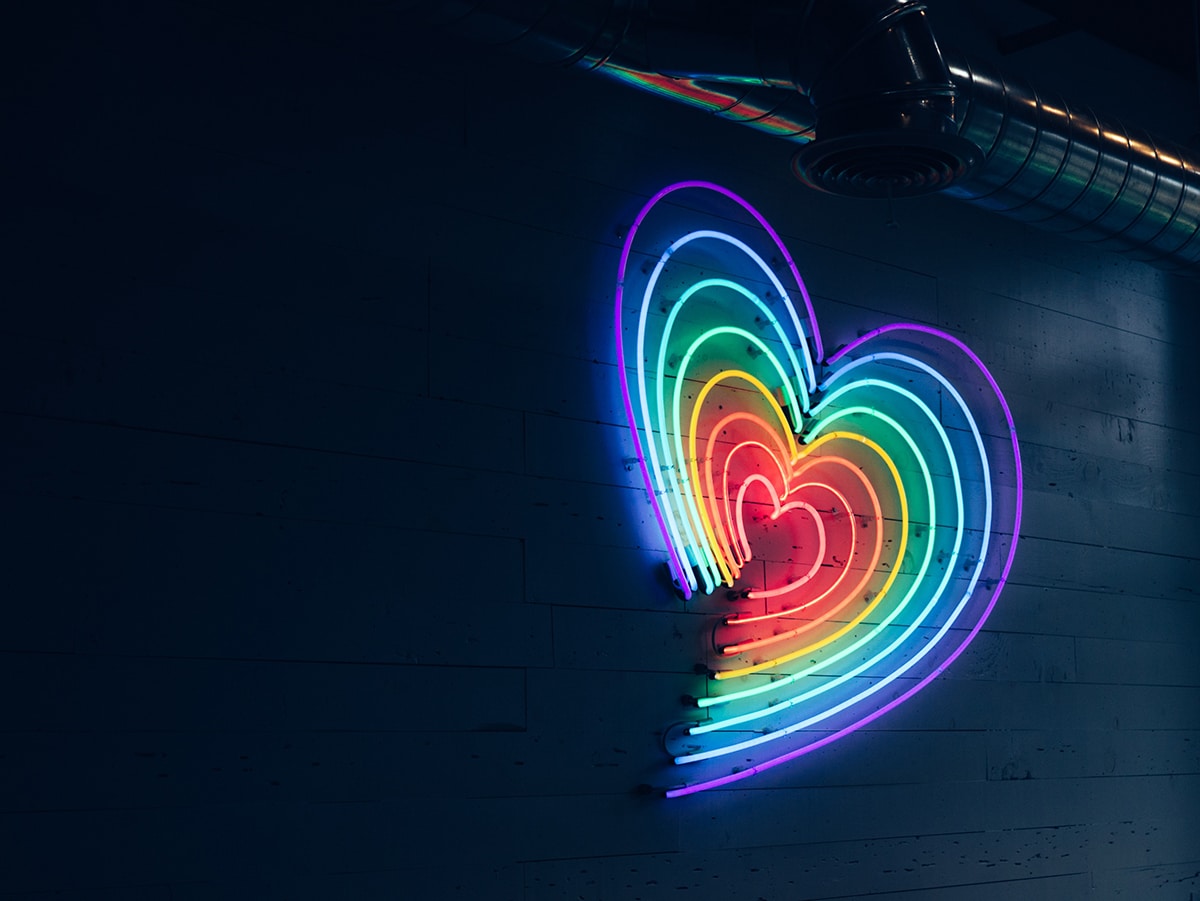
by Leslyn Smith
All it takes is a little love and support to protect the lives of lesbian, gay, and bisexual youth. LGBT+ youth are three times more likely than straight kids to attempt suicide at some point in their lives.
Merriam-Webster defines an ally as one that is associated with another as a helper; a person or group that provides assistance and support in an ongoing effort, activity, or struggle. In simpler terms, an ally is someone on your side and has your back. An ally doesn’t have to share your same experience, but they can still be supportive of your plight.
Many times, young people have a lack of support when they come out in the LGBT+ community. Coming out to the people in your circle can be very hard, and it can be even harder coming out to people who are not your friends and family. An ally in the LGBT+ community doesn’t necessarily mean that you are a part of the community, but that you oppose discrimination against the community and that you commit to equality.
An ally can be anyone. It could be a parent, teacher, community stakeholder, church member, or even classmates. The most important role any ally can play is to help reassure community members that some people are willing to be nonjudgmental, resourceful, and committed to creating safe spaces.
If you want to be an ally, there are a few things you can do:
Classmates of LGBT+ Students
(1) Speak out when you see somebody being discriminated against because of their sexual orientation.
(2) Learn about LGBT+ rights and issues.
(3) Report any harassment or bullying that you witness to your principal.
(4) Help form a Gay Straight Alliance (GSA) within your school.
(5) Advocate for your school to enforce a nondiscrimination policy.
Staff Members and Educators
(1) Make your class a safe environment for students to be themselves in an appropriate manner.
(2) Consider being an advisor for a GSA.
(3) Become a person that students feel free coming to about different complications they are facing.
Parents and Family Members
Lastly to parents and family members, the role that you play in your LGBT+ teenager’s life is the most important. A lot of youth don’t have access to talk to their parents and family members about their sexuality. Being apart of the LGBT+ community is not easy, and it is very hard when your own parents and family members don’t support or agree with your lifestyle. Some things that you can do to become an ally for the LGBT+ community are:
(1) Be supportive when your children come out to you.
(2) Be available when your children want to come and talk to you about the different difficulties they are experiencing.
(3) Help your children file complaints about harassments or discrimination they face.
(4) Show your child that you love them and that you are there for them.
Please consider becoming an ally for LGBT+ youth.
Reference
Suicide Statistics and Facts. (n.d.). Retrieved from https://save.org/about-suicide/suicide-facts/.

Leslyn Smith is Teen Health Mississippi Youth Contributor.
I really support the lgbtq+ community because I people to not be shy and I really want them to show themselves so they don’t have to be uncomfortable.